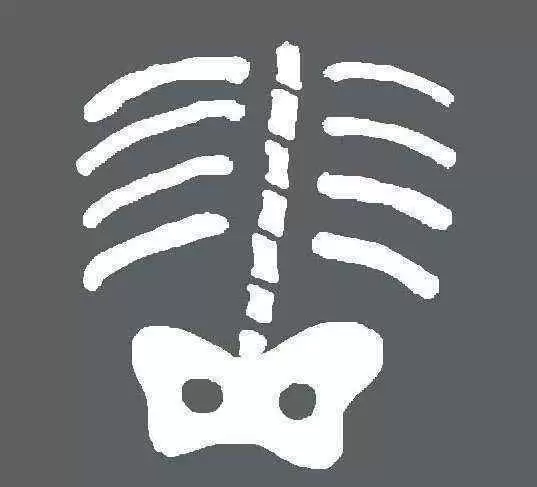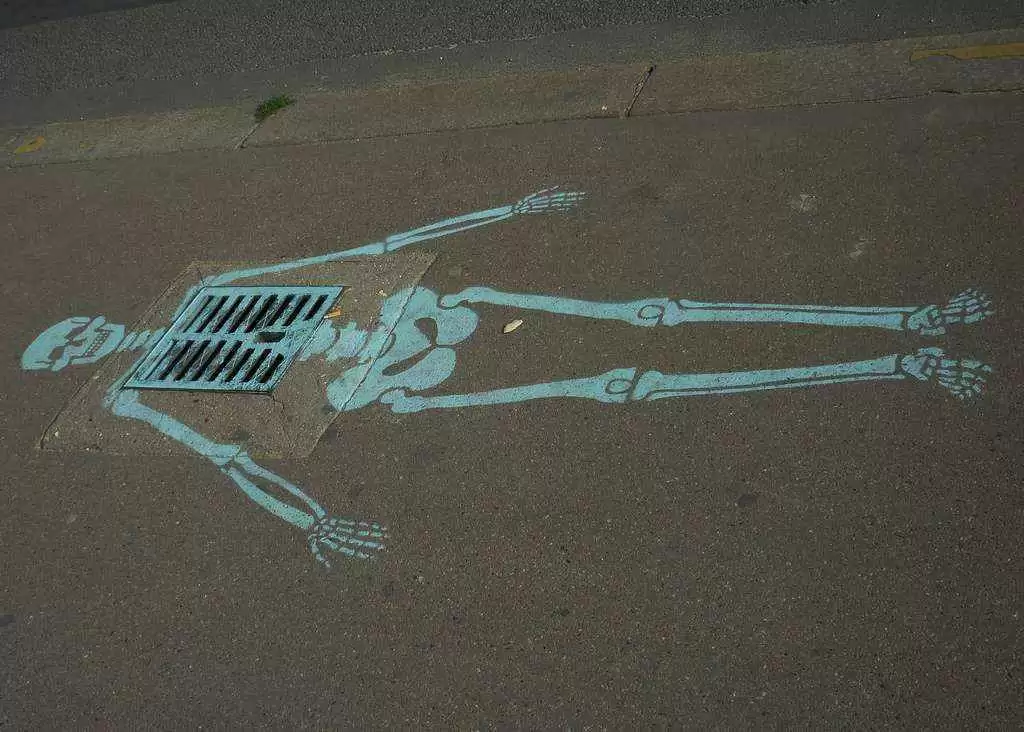
Celiac.com 06/19/2017 - Adults with celiac disease often show atypical symptoms, though it is not uncommon for them to suffer from malabsorption of vitamins and minerals, which can result in disrupt normal bone metabolism.
A team of researchers recently set out to evaluate laboratory deficiencies related to bone metabolism, and to assess the relationship between severity of histological damage and the degree of bone mass loss at celiac diagnosis. The research team included L. Posthumus, and A. Al-Toma A of the Department of Gastroenterology and Hepatology, St Antonius Hospital, Nieuwegein, The Netherlands.
Celiac.com Sponsor (A12):
Their team conducted a retrospective cross-sectional study of 176 adult celiac patients. All patients met the histopathological criteria for clinical celiac disease. The team analyzed biochemical data, including calcium, phosphate, alkaline-phosphatase, vitamin D and parathormone. They classified duodenal histology based on Marsh parameters. They used dual X-ray absorptiometry to determine bone mass density (BMD) at the lumbar and femoral regions. P-values below 0.05 were considered significant.
They found no correlation between gastrointestinal symptoms and Marsh histopathological stage (P>0.05). Nearly 50 percent of patients showed vitamin D deficiency (44.5%), while only 5.7% showed hypocalcaemia. Patients with Marsh III did show lower calcium (P<0.05) and parathormone was higher (P=0.01). These patients had lower lumbar T-score (P<0.05). Although low BMD occurred in all age groups, most osteoporotic patients were aged 45-49 years (81.8%).
A multiple regression analysis did show that Marsh stage could indicate lower lumbar BMD (r=0.322, B=-1.146, P<0.05).
At celiac diagnosis, Marsh histopathological stage can predict low BMD, which can develop into osteoporosis. Based on these data, the team suggests that doctors should consider evaluating bone biomarkers and conducting a dual X-ray absorptiometry exam in celiac patients over 30 years of age.
Source:






Recommended Comments
There are no comments to display.
Create an account or sign in to comment
You need to be a member in order to leave a comment
Create an account
Sign up for a new account in our community. It's easy!
Register a new accountSign in
Already have an account? Sign in here.
Sign In Now